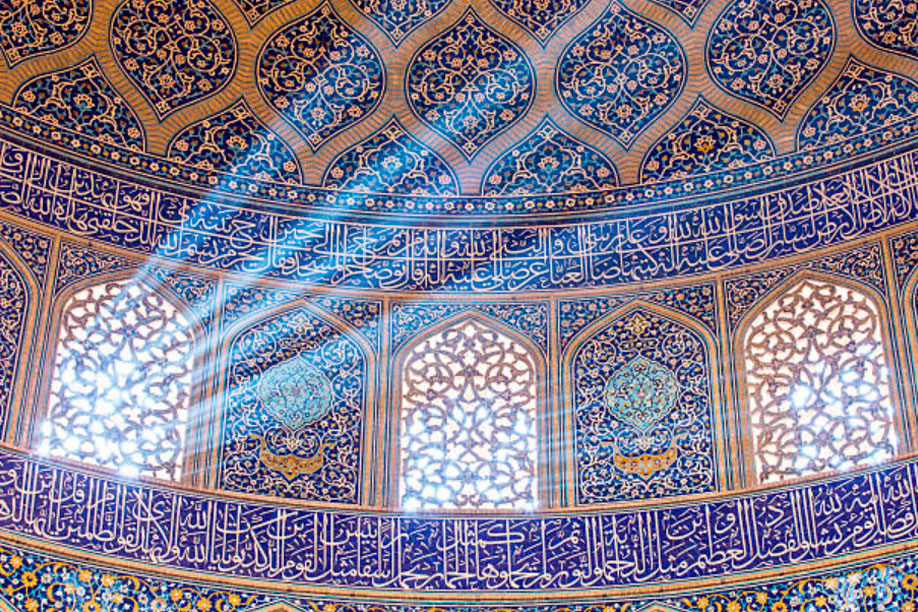The saying of the philosophers, "The world is eternal."

Until Imam Ghazali, philosophy used to attack on Islam, and Muslim scholars were only defending themselves. It was as if Islam was guilty and the scholars of Islam were apologizing to philosophy.
But Imam Ghazali, who was well versed in philosophy and understood its shortcomings and faults, initiated a severe and vicious attack on him. To do this, it was necessary to first explain the philosophy to many in a manner and language they understand. Because before that time, books of philosophy were written in ways and languages that many people would not understand. Only philosophers used to understand it. This created its own particular obstacle and excluded others from speaking about philosophy except philosophers.
Imam Ghazali wrote a book in the simplest language called "Maqasid al-Falasifa", explaining for many people what philosophy is and what philosophers' aim. In this book, without giving any comment or criticism against philosophical terms and philosophers' arguments Imam Ghazali explained only what they were.
After Imam al-Ghazali explained to many what philosophy was, who philosophers were and what their goals were, he had begun to criticize philosophy.
These criticisms included sixteen issues concerning theology and metaphysics, and four concerning the natural sciences.
In three of these twenty issues it was decided that the philosophers were blasphemers. These three issues are:
1. The saying of the philosophers, "The world is eternal."
Philosophers had come up with their various intellectual arguments, claiming that the universe is ancient, that it did not come into existence afterwards, and that it was not created by anyone.
Imam Ghazali said that the universe had existed with an ancient divine will, that will wanted exixstance of the universe at a certain time, that it did not want exixstance before that, so that it did not come into existence, and that everything newly emerging related to the last and the old cause. He said that it was Allah.
2. The saying of the philosophers, "Allah does not know the smallest things."
According to philosophers, as if Allah knows only the real existence. This is in harmony with His perfection. The smallest things are changible. Therefore, the knowledge related to them is also changible. And the change of knowledge is not in the perfection of Allah. Allah knows the actions of mankind in accumulative and general format. He does not know the actions of the special individual among people.
Imam Ghazali argues that Allah knows all of these small acts with an unchanging knowledge.
3. The philosophers' denial of the resurrection of the dead in the Hereafter.
They think that only the souls are resurrected in the hereafter. Therefore, in Paradise, there will be no flesh pleasure in Jannah or flesh torment Hell.
But Imam Ghazali argues that it is easier for Allah, who has the power to create things, to revive them after they have decayed.





























